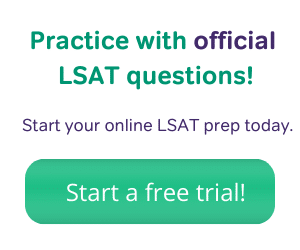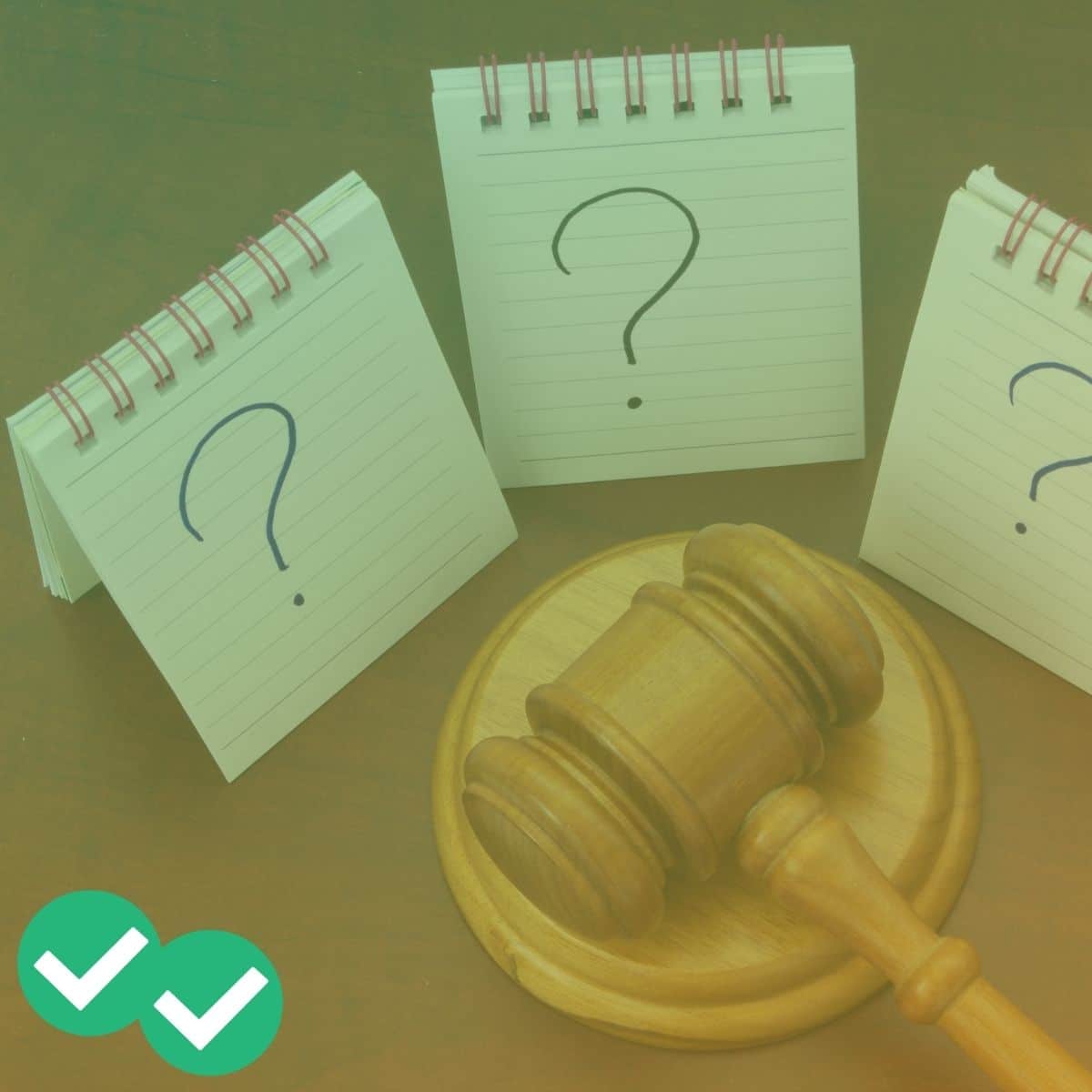Conditional reasoning is prominently featured in both the logical reasoning and logic games sections of the LSAT. Understanding conditional reasoning is absolutely necessary to perform well on the LSAT. Here is a quick primer on conditional reasoning and conditional statements.
What is Conditional Reasoning on the LSAT?
A basic conditional statement has two conditions: the sufficient condition and the necessary condition. The sufficient condition is a statement that is sufficient information to indicate that the necessary condition necessarily occurs or occurred. The simplest construction for a conditional statement is the ubiquitous “if…then” statement. For example, “If it rains, then I will take my umbrella to work.” In this construction, rain (or whatever is modified by if) is the sufficient condition, and taking my umbrella (or whatever is modified by then) is the necessary condition. So…if you walk outside and see it is raining, this information, by itself, is sufficient to tell you something else will necessarily happen–that I will take my umbrella to work. You don’t have to see my umbrella to know that I will bring it. Seeing the rain is enough.

Conditional Reasoning on the LSAT: Logical Reasoning
This type of reasoning is seen in logical reasoning on the LSAT all the time in lots of different question types. Of course, the conditional statement won’t always be presented in such a simple format. Other common sufficient condition indicators are when, people who, and all. Common necessary condition indicators are only, only if, required, and must. Logical reasoning questions may ask you to make inferences based on conditional statements laid out in the stimulus or identify errors in conditional reasoning.
A relatively easy logical reasoning question may tell you that all teachers must be certified and then tell you that Joan is a teacher. In this instance, being a teacher is the sufficient condition, and being certified is the necessary condition. Knowing that Joan is a teacher is enough to tell you that she is definitely certified. In a must be true question, something that must be true is that “Joan is certified.” Don’t expect most LSAT questions to be this easy, but…you get the gist.
Conditional Reasoning on the LSAT: Logic Games
Conditional reasoning is also found throughout the logic games section, especially in grouping games. For example, a rule might state the following: Mary takes psychology only if John takes math. Mary taking psychology is the sufficient condition, and John taking math is the necessary condition. If you see Mary on the psychology class roster, you know John will be taking math. The questions that follow will definitely test to make sure you interpreted this rule correctly.
You will also see conditional reasoning in sequencing games. The rules may tell you that if Melissa gets on the train before Liam, then Brian gets on the train last. Melissa getting on the train before Liam is the sufficient condition, and Brian getting on the train last is the necessary condition. When you get to a question and it tells you that Melissa got on the train first (meaning she got on the train before Liam), you know that Brian gets on the train last. You can bet that they will expect you to see this inference in order to perform well.
The best way to master conditional reasoning is to PRACTICE. Attempting the LSAT without a mastery of conditional reasoning will prevent you from achieving your highest potential score. Because conditional reasoning has such prominent coverage on the LSAT, any time spent practicing this material will definitely pay off with a higher LSAT score and an increased chance of admission to your dream law school.







Leave a Reply